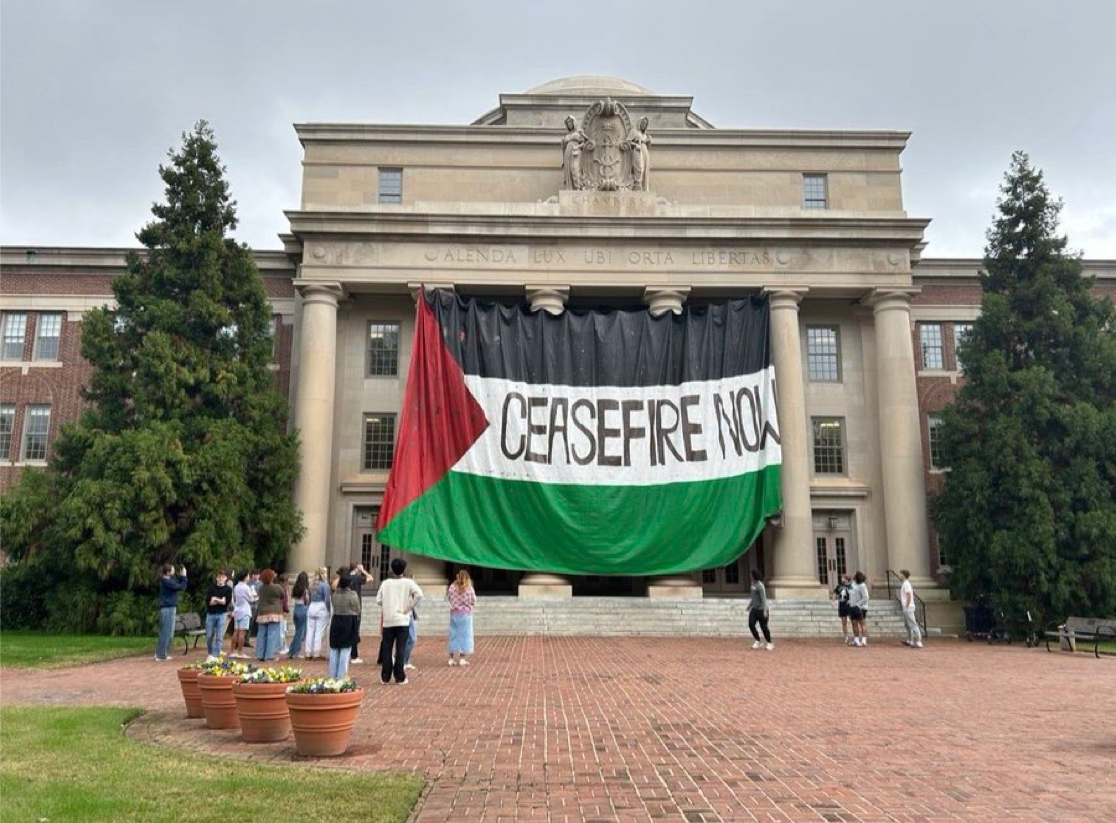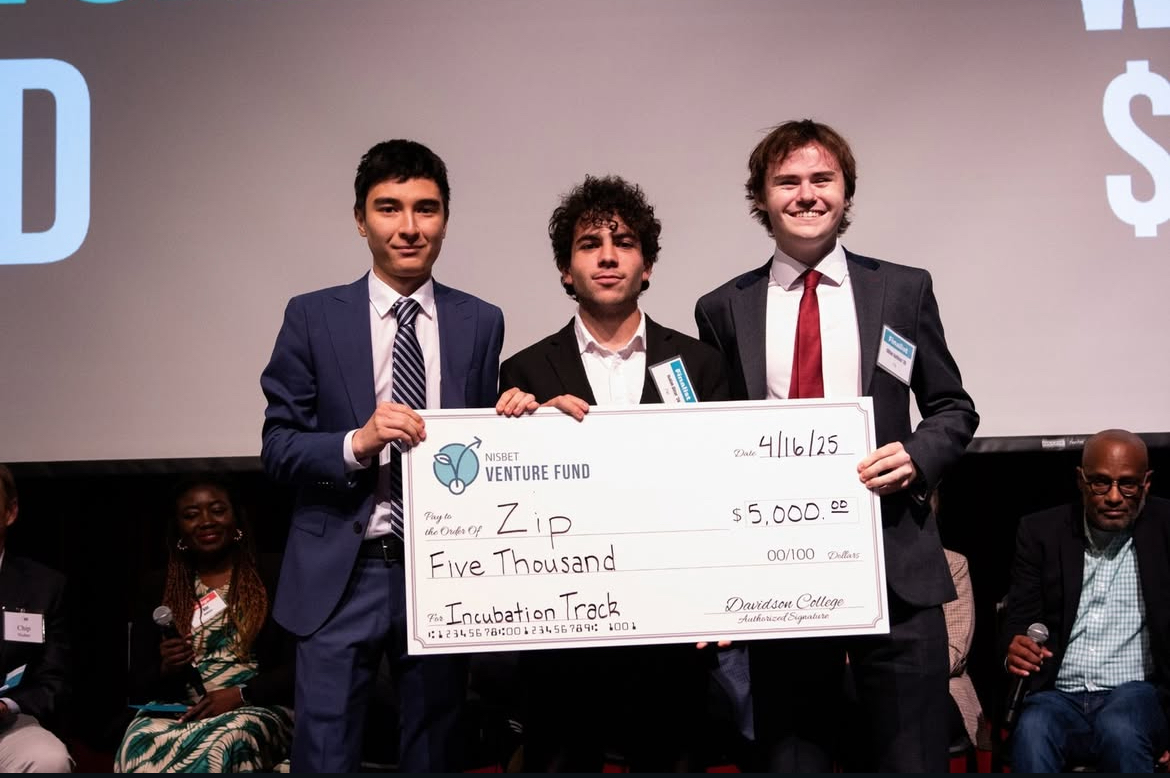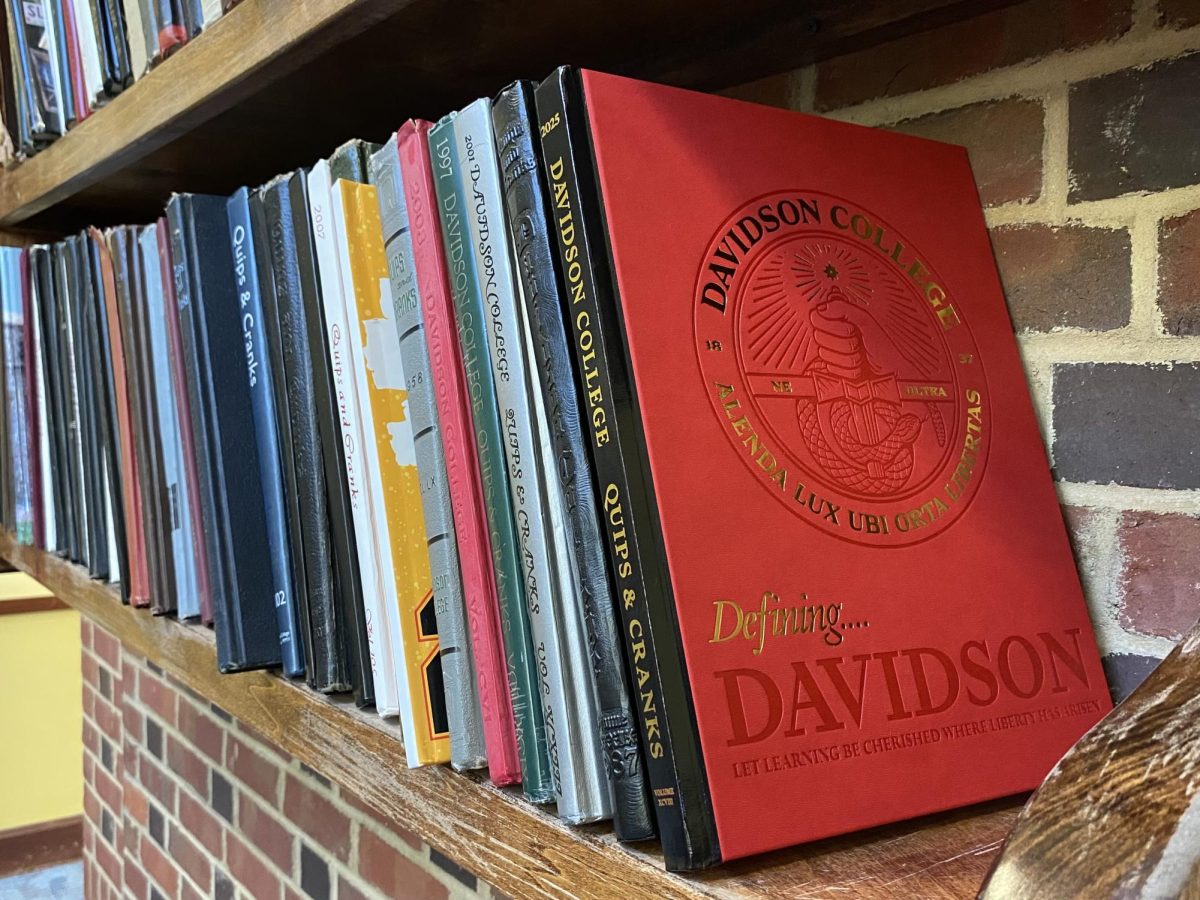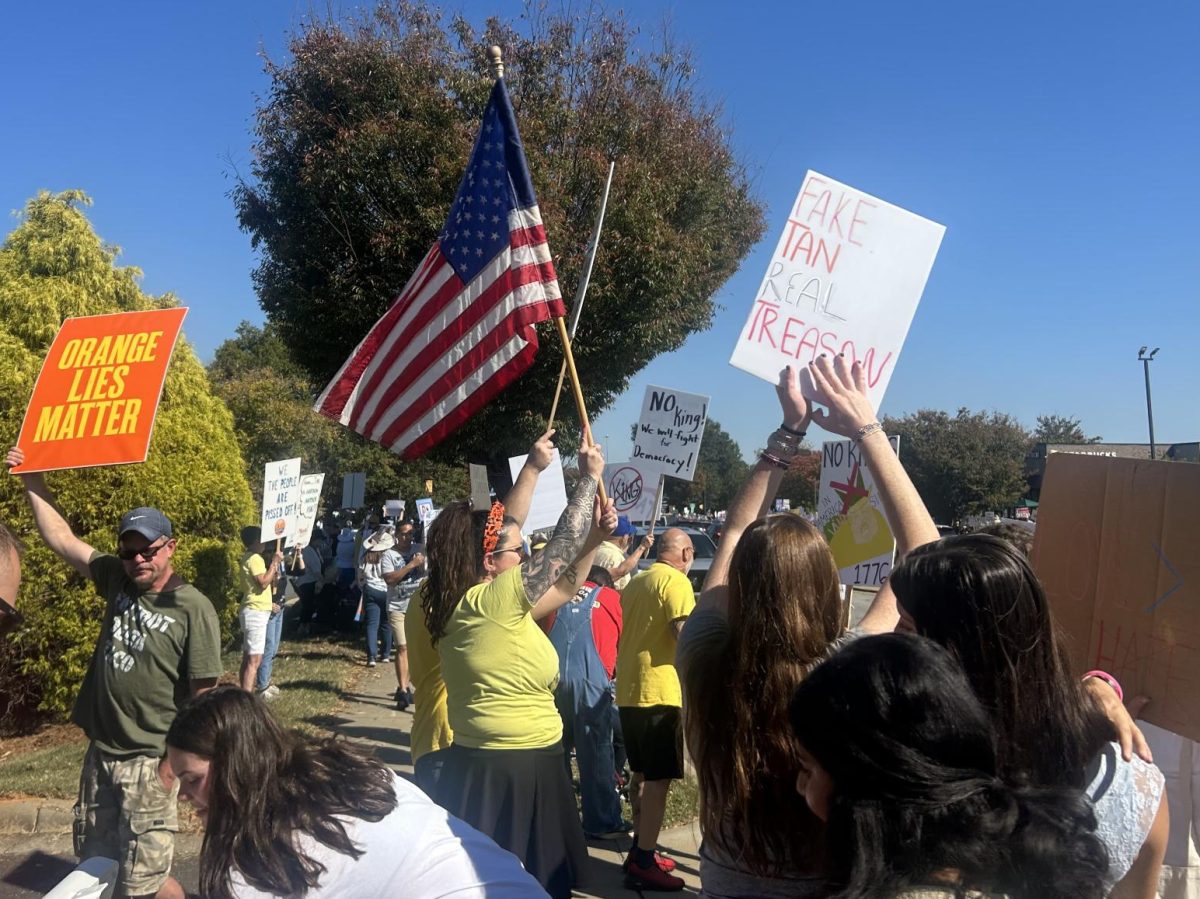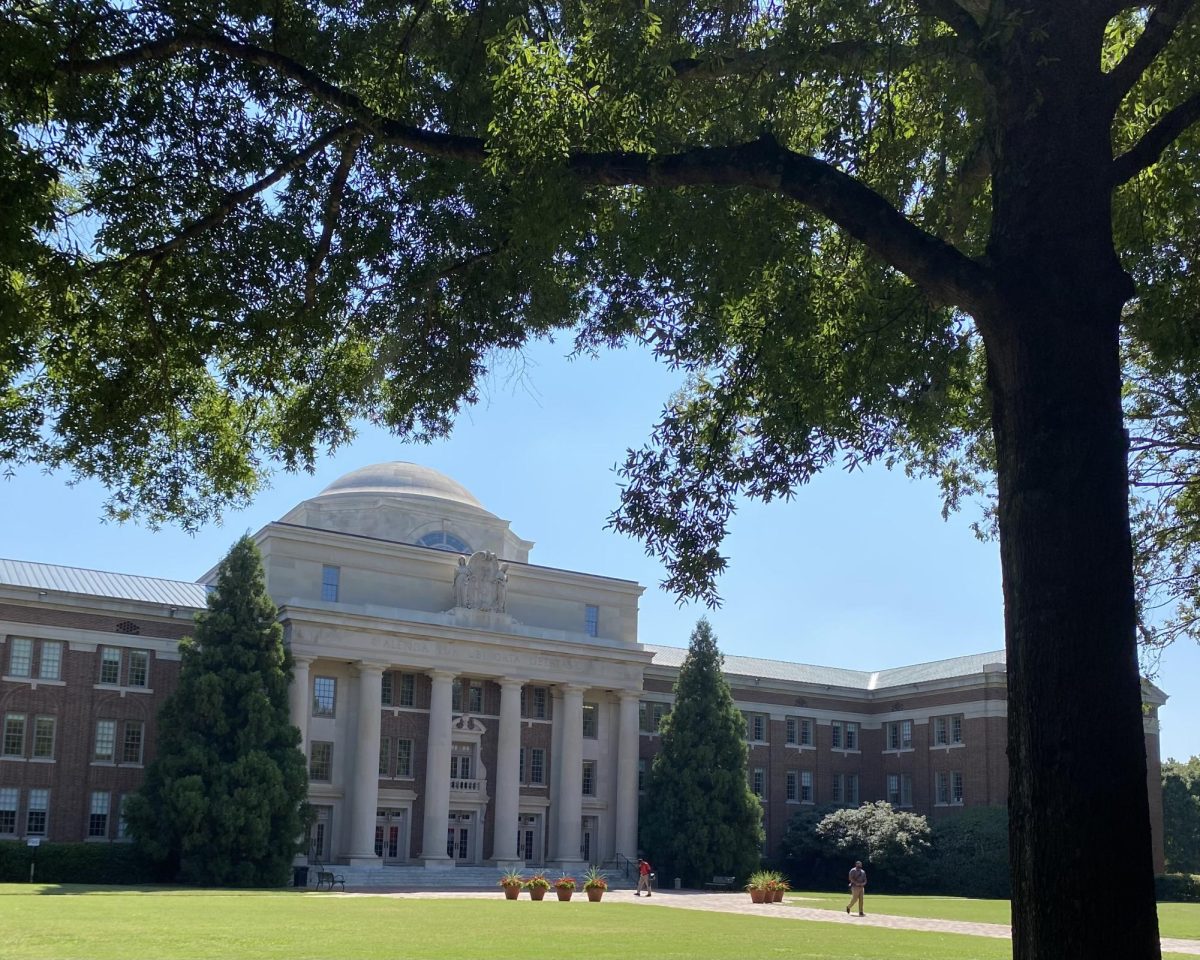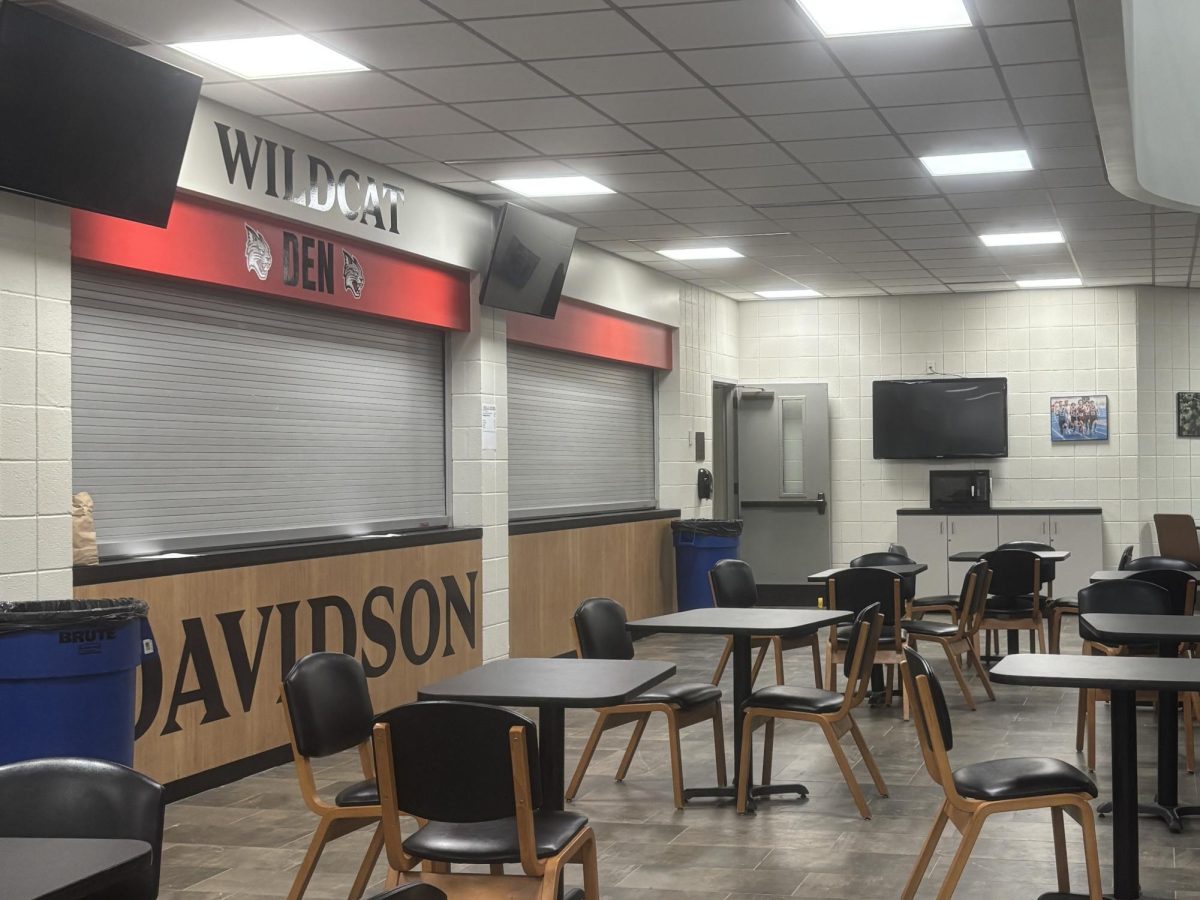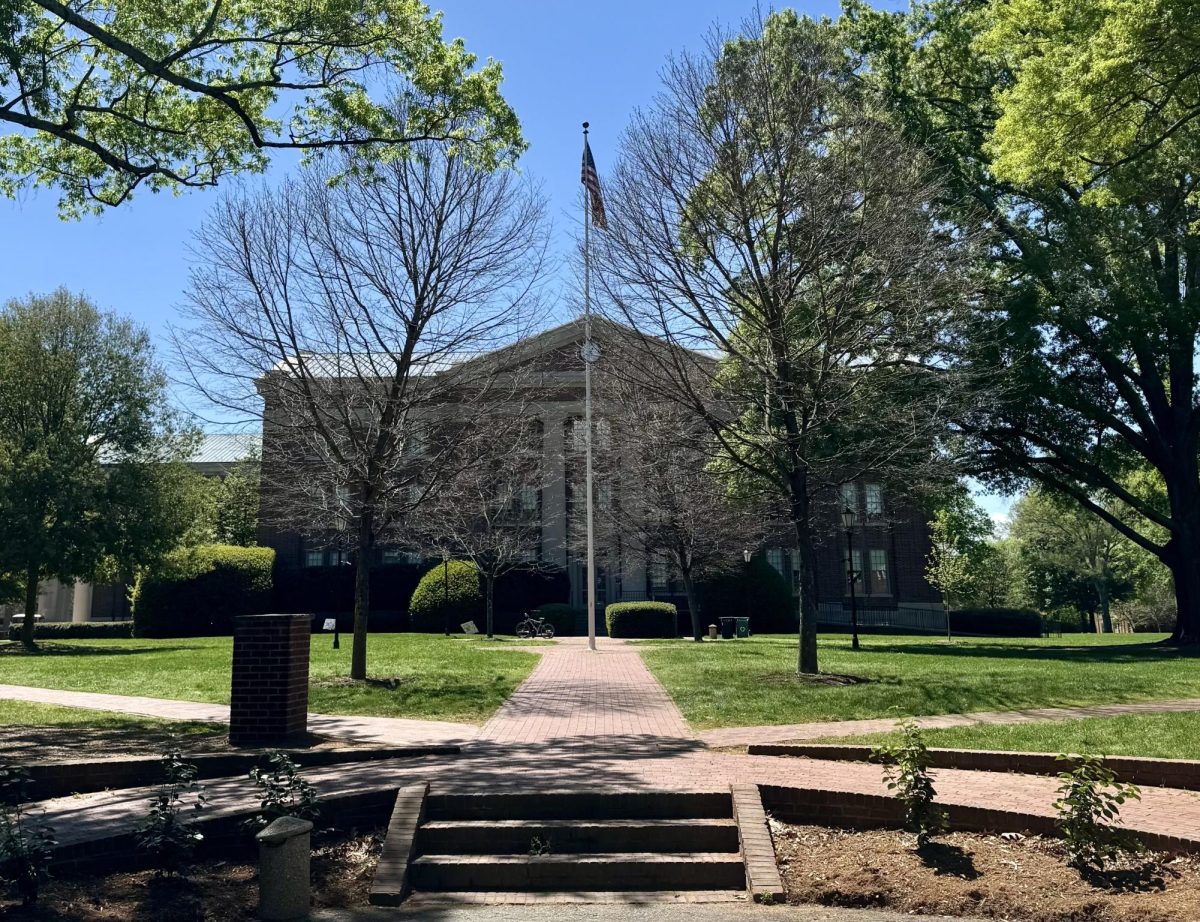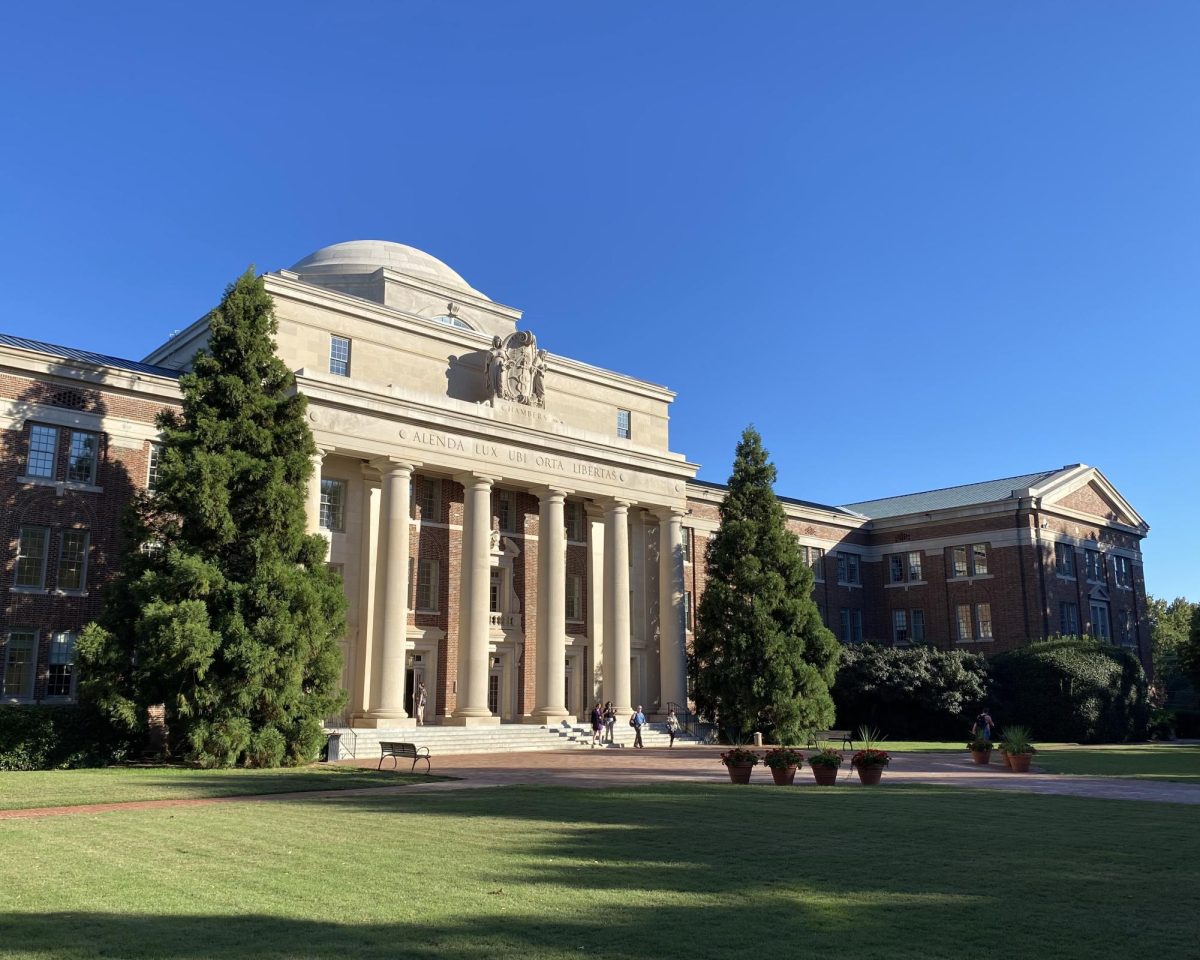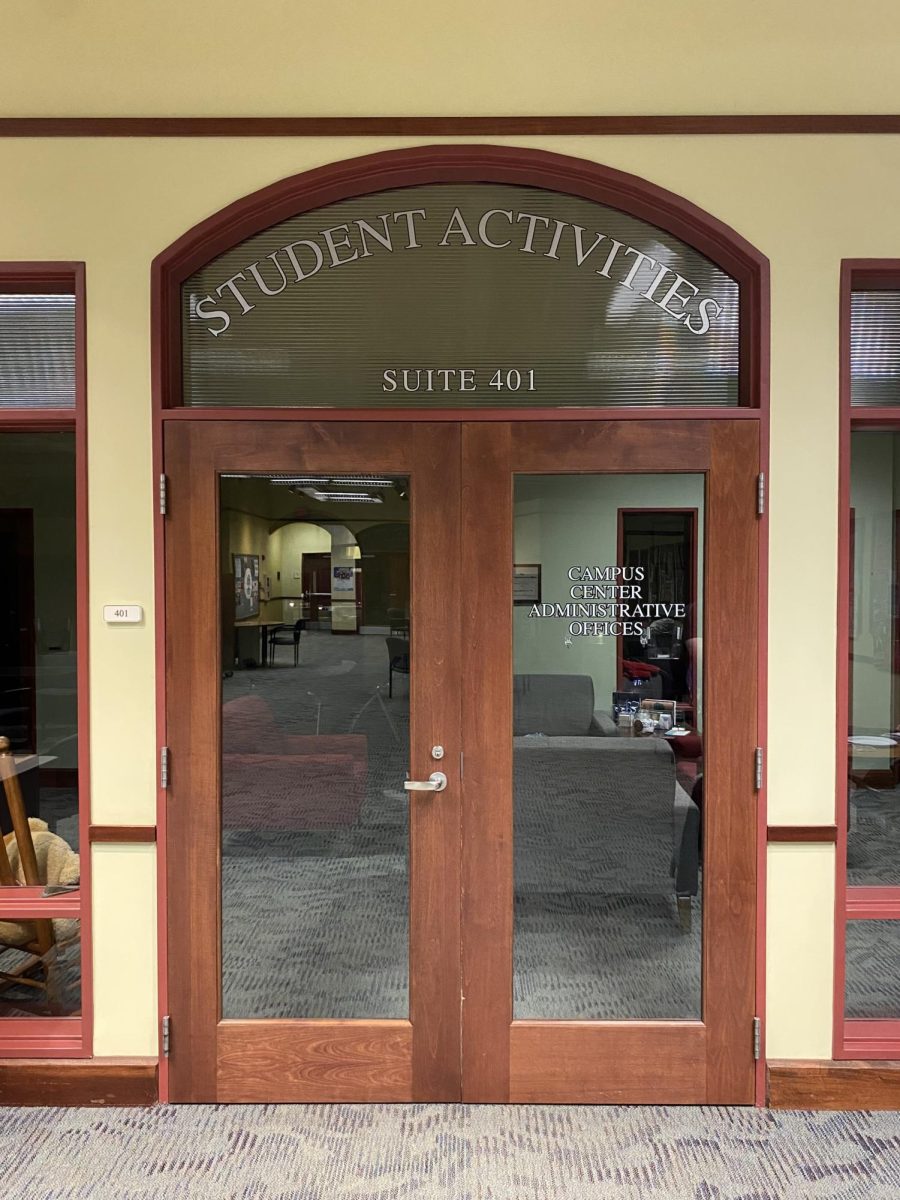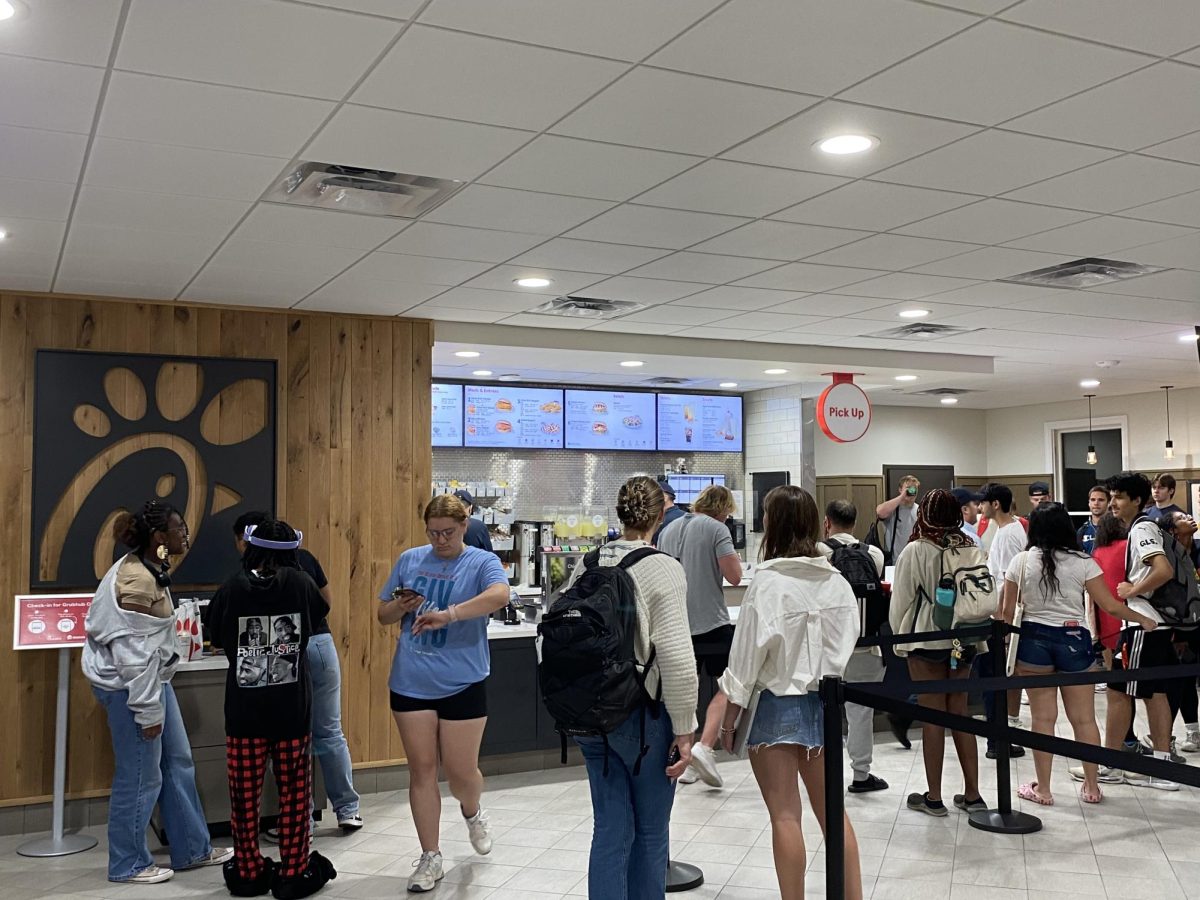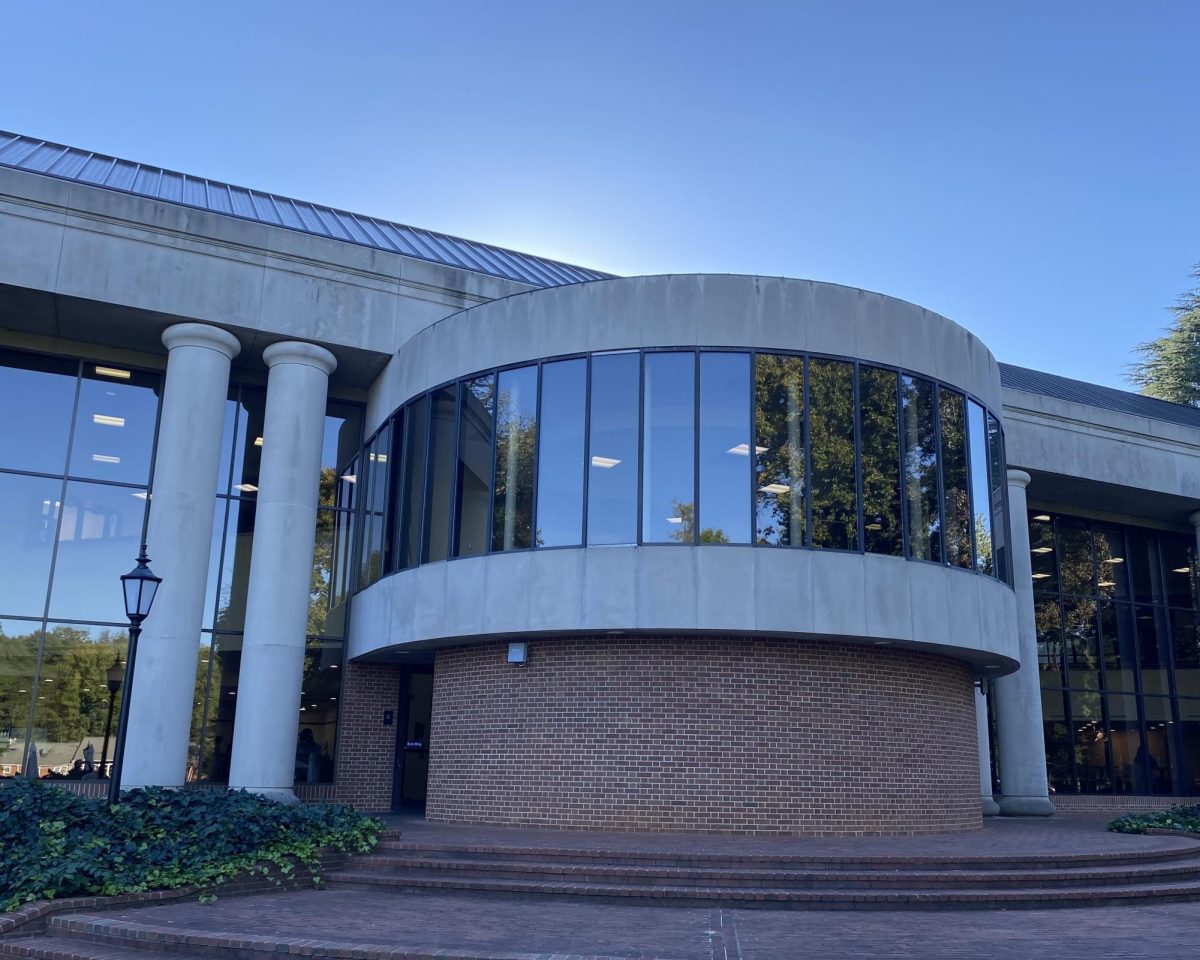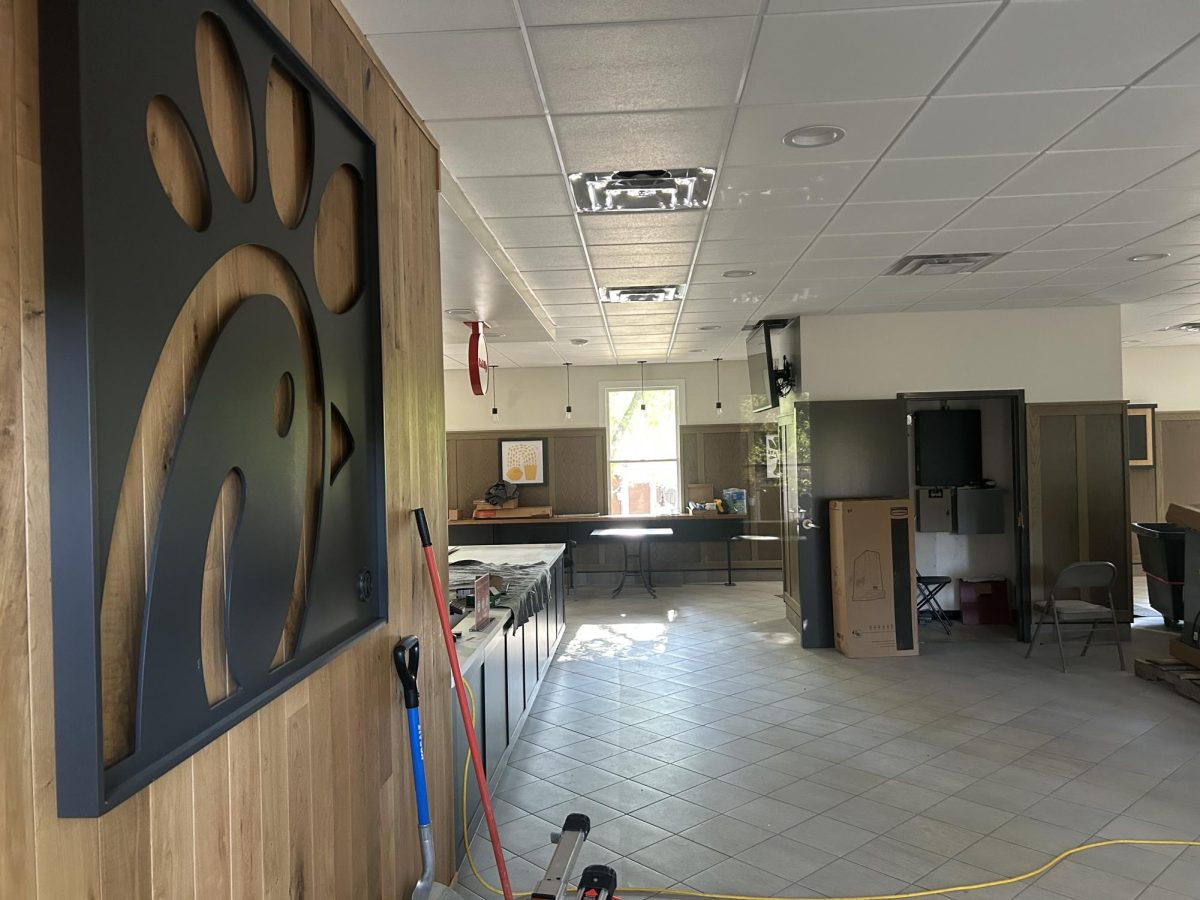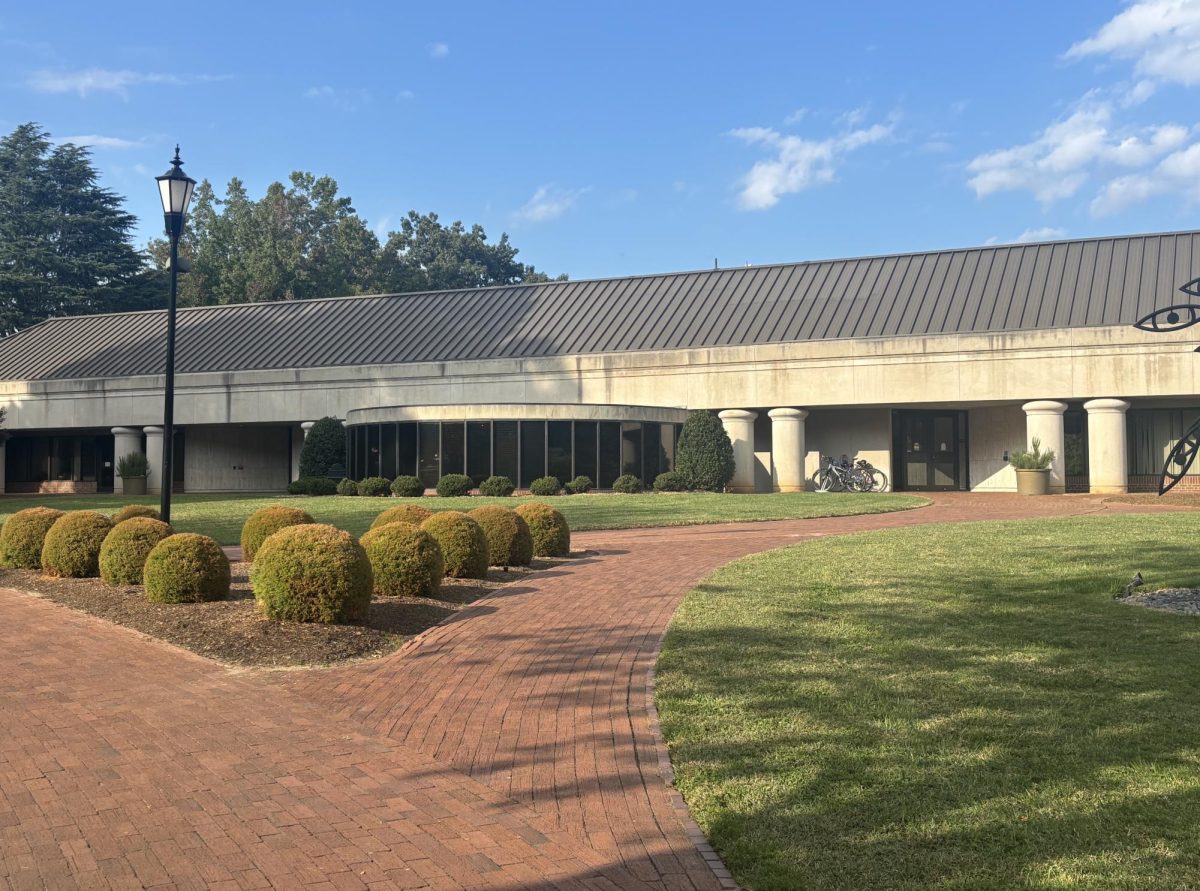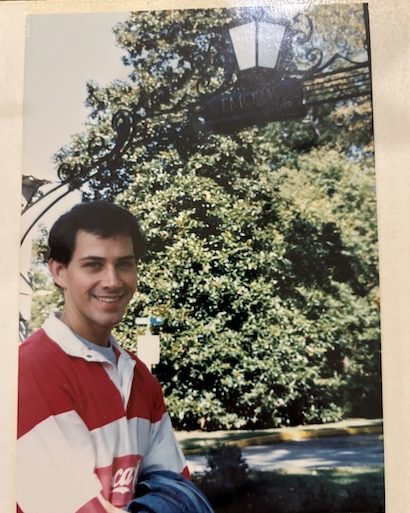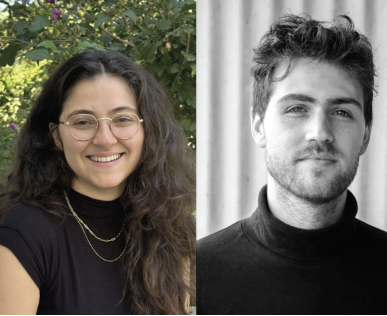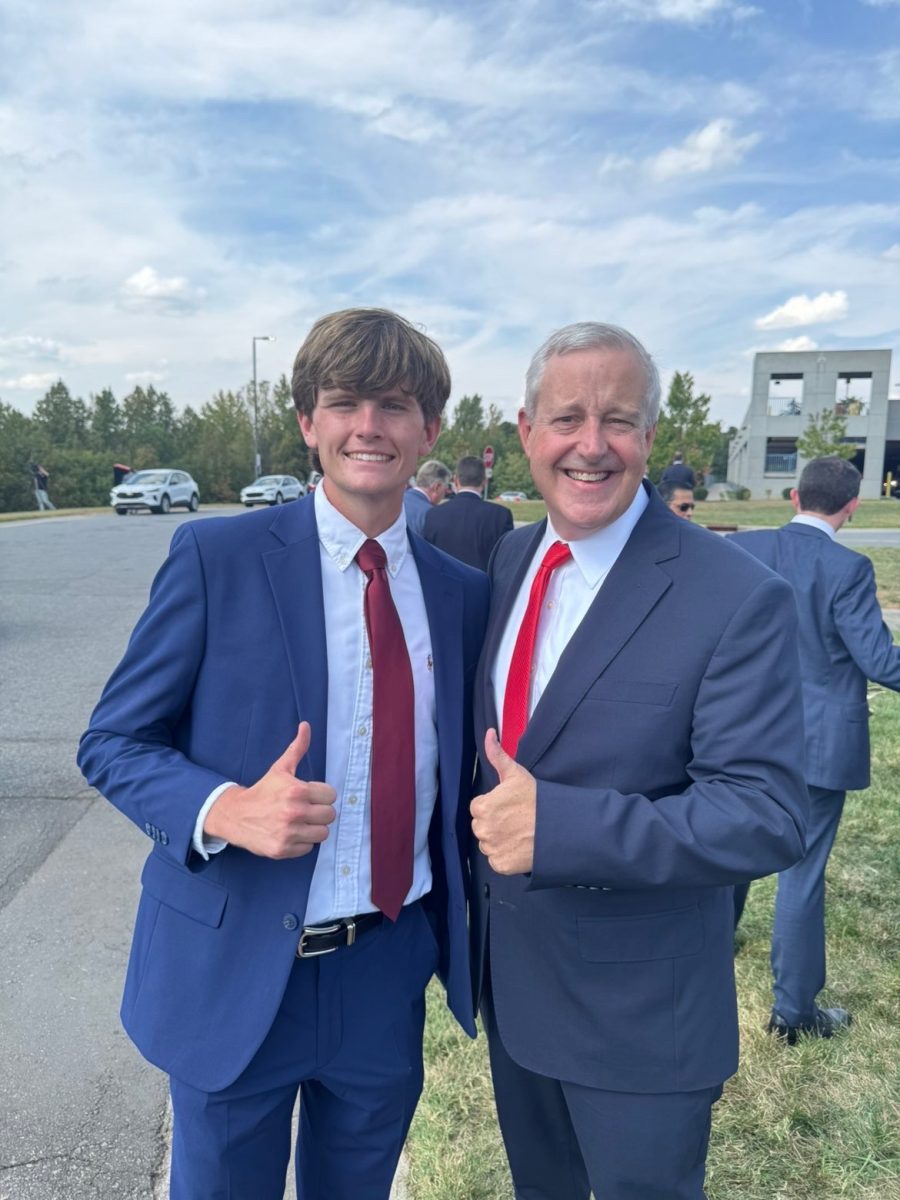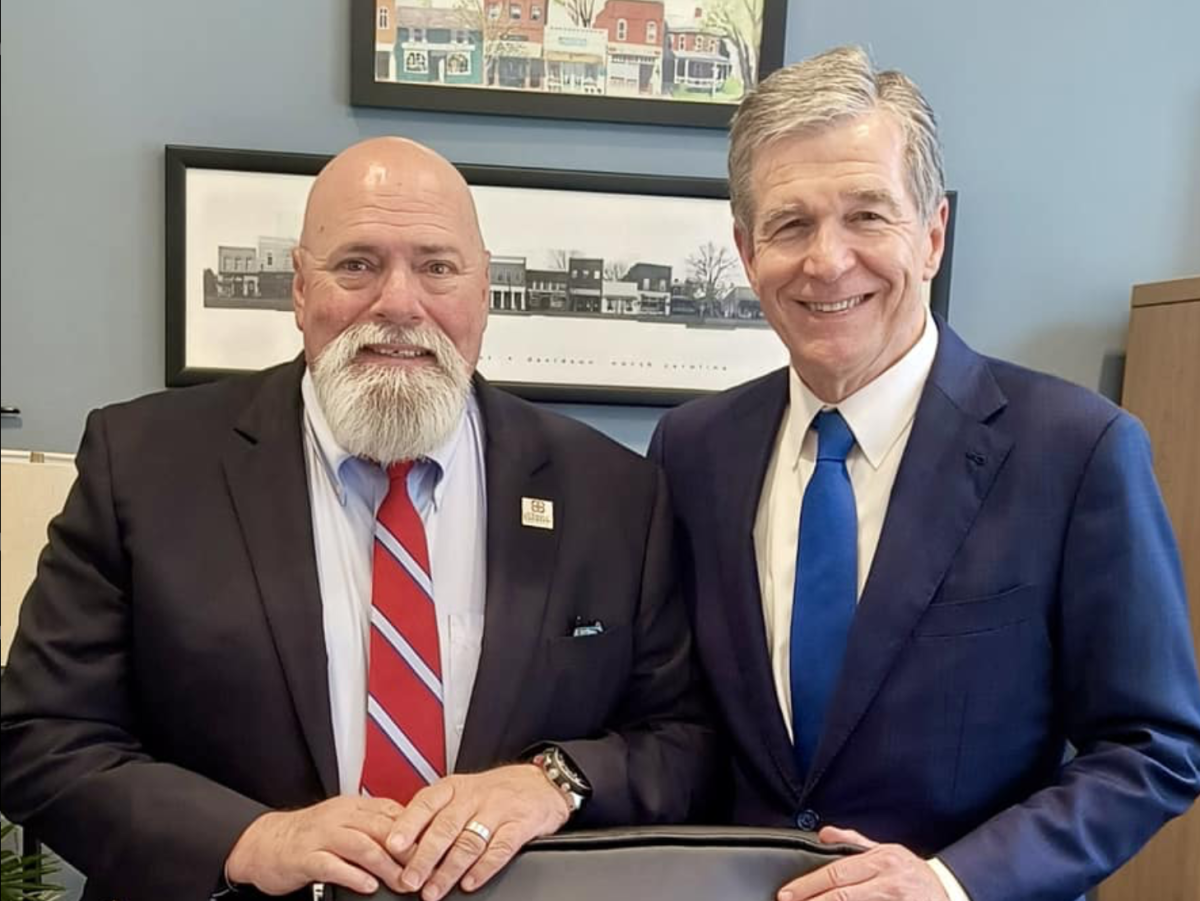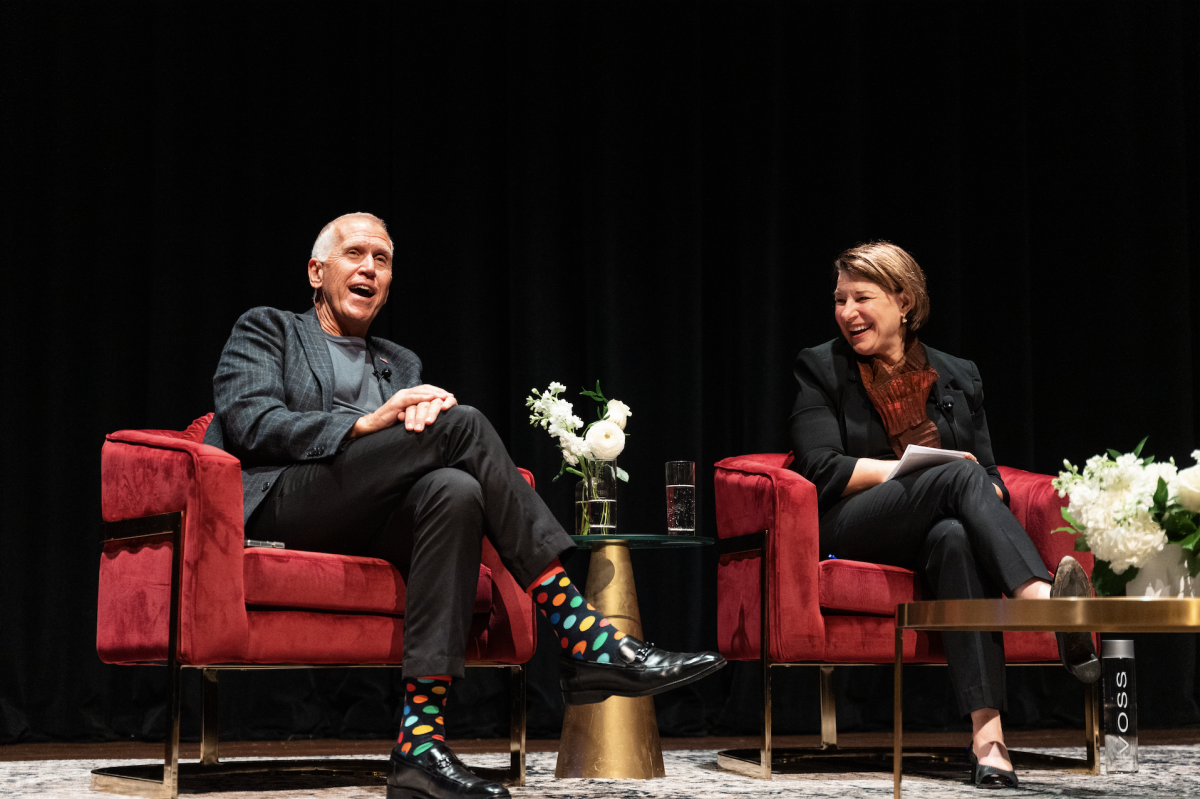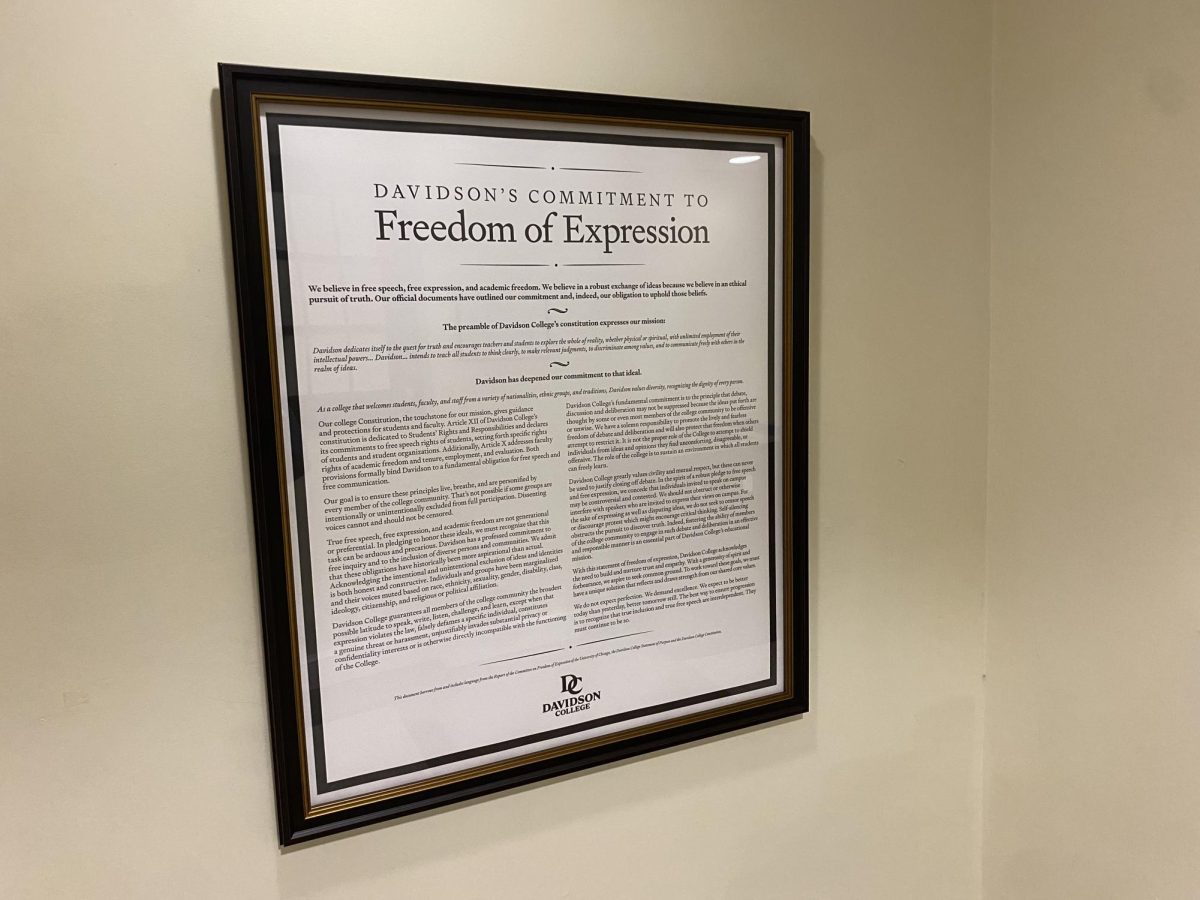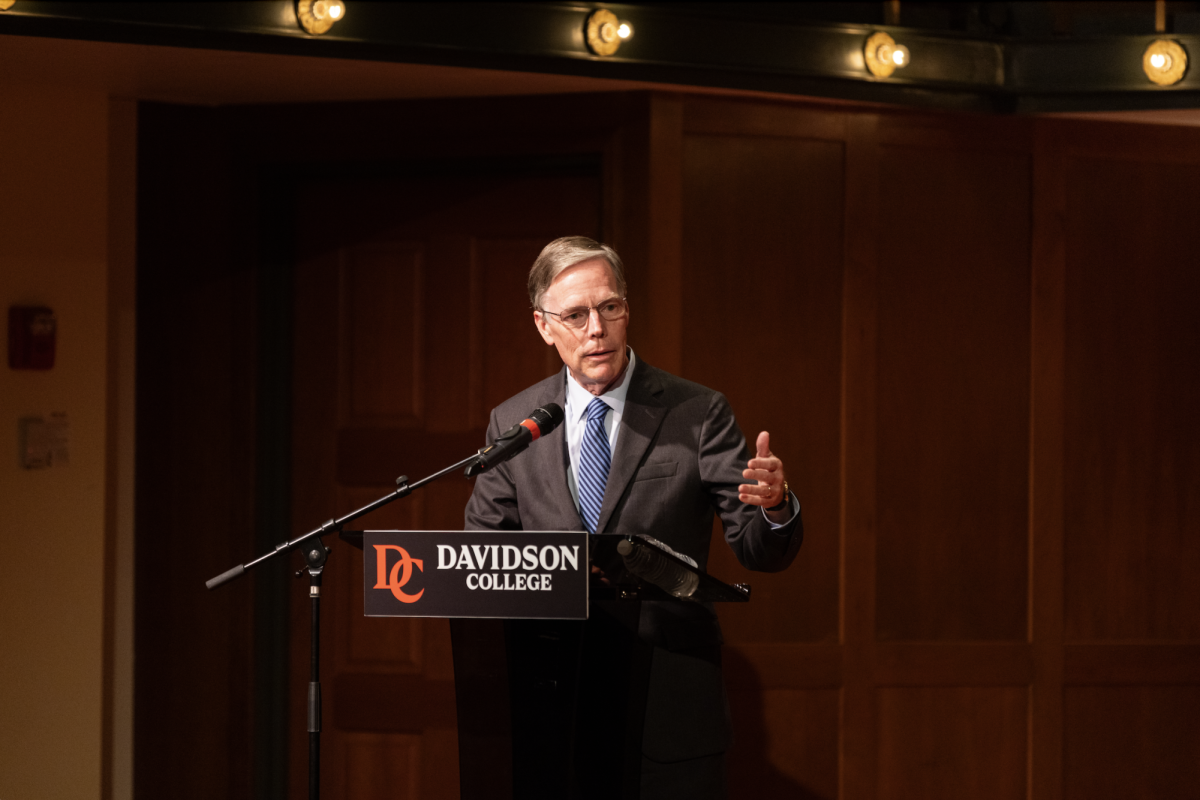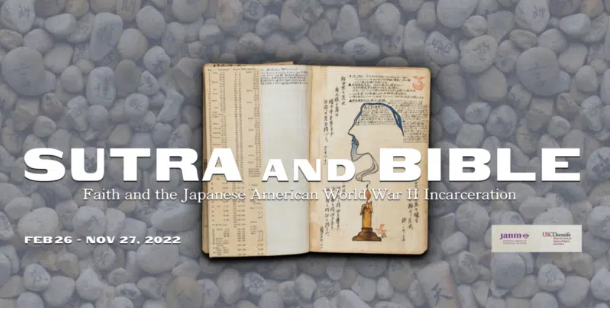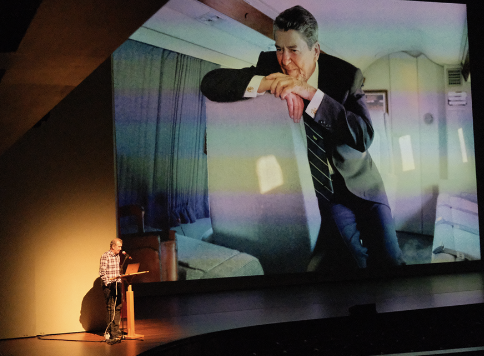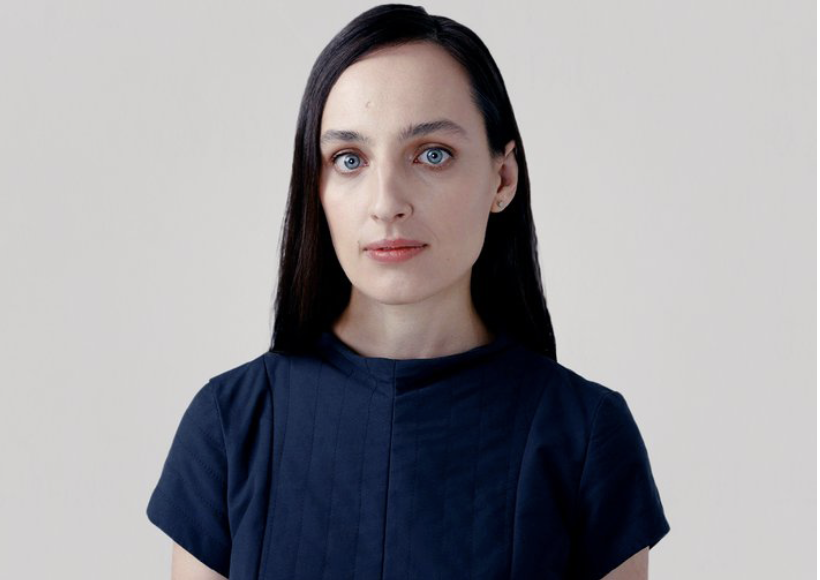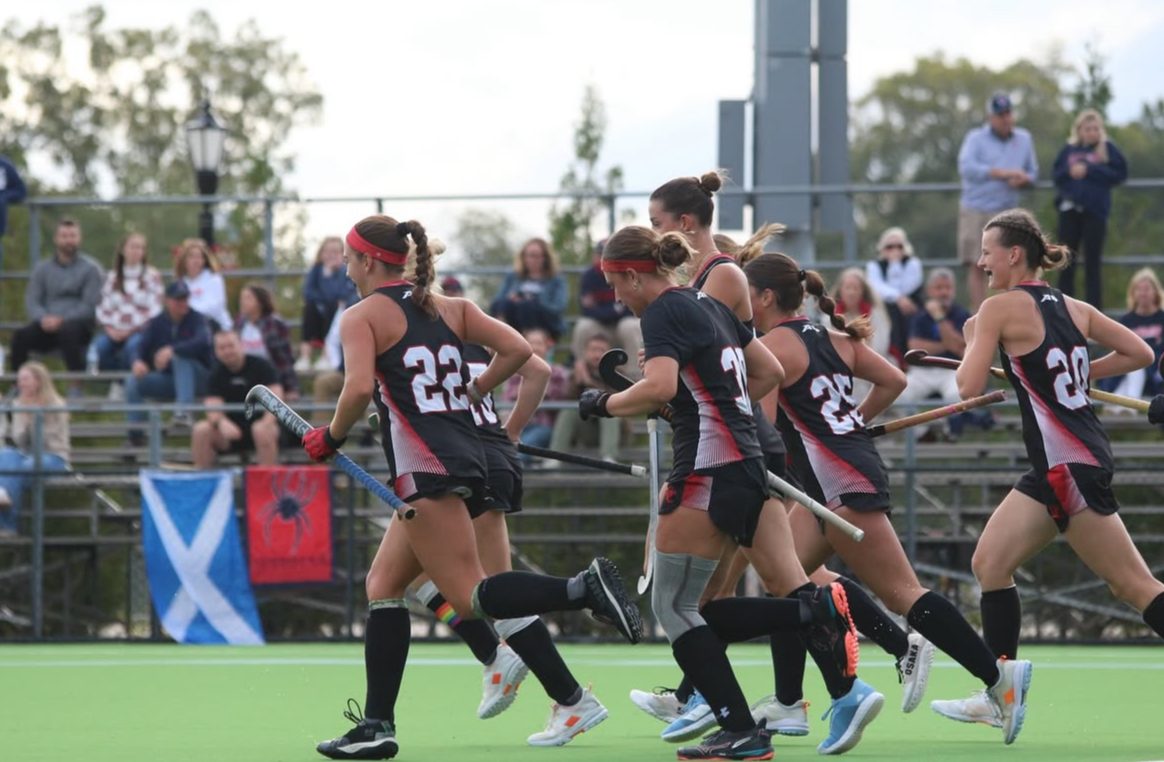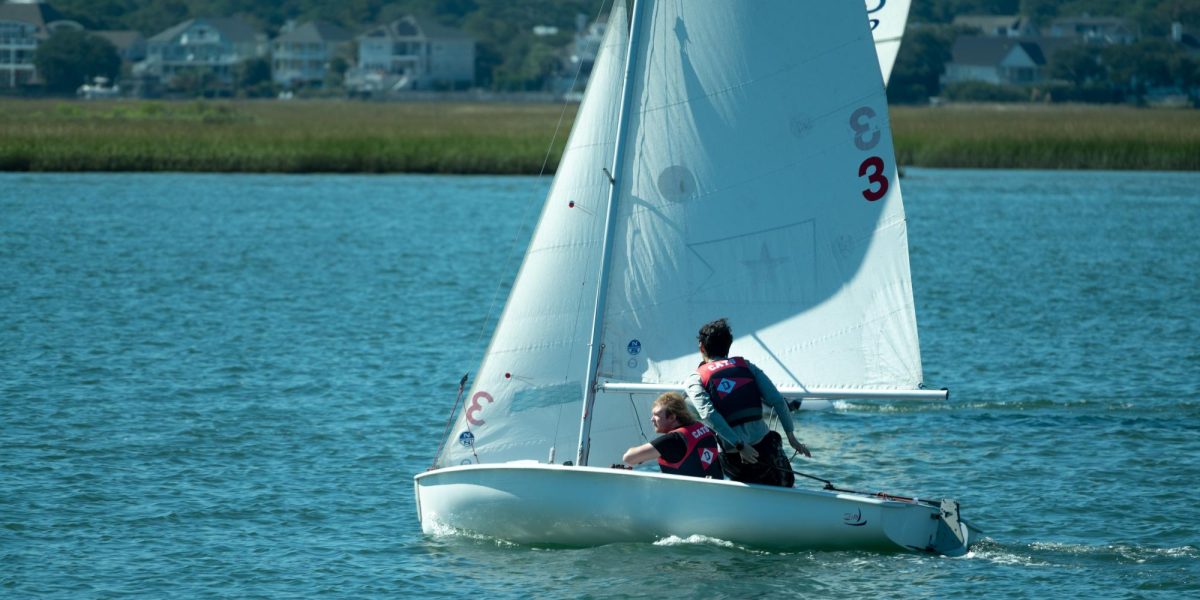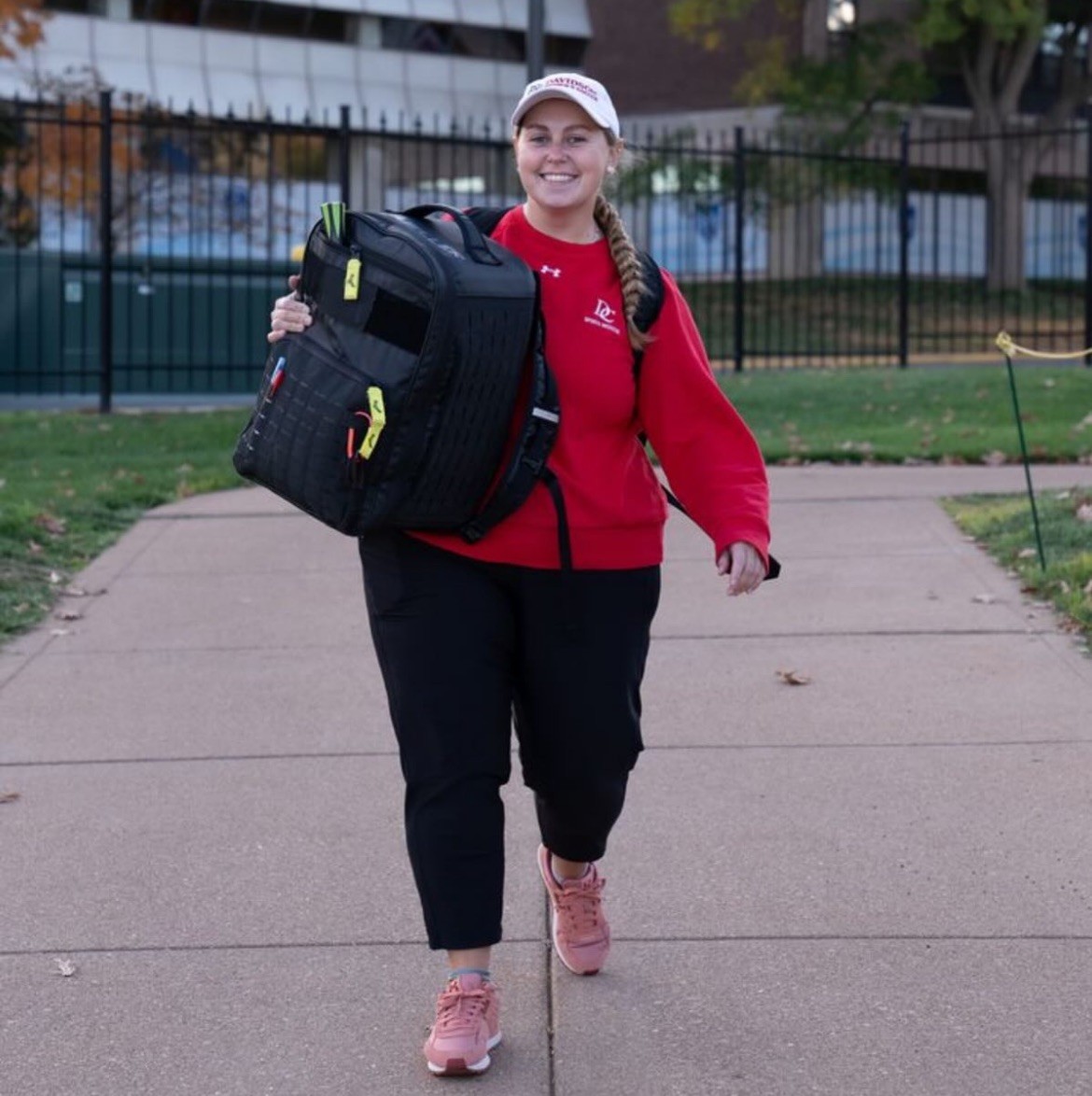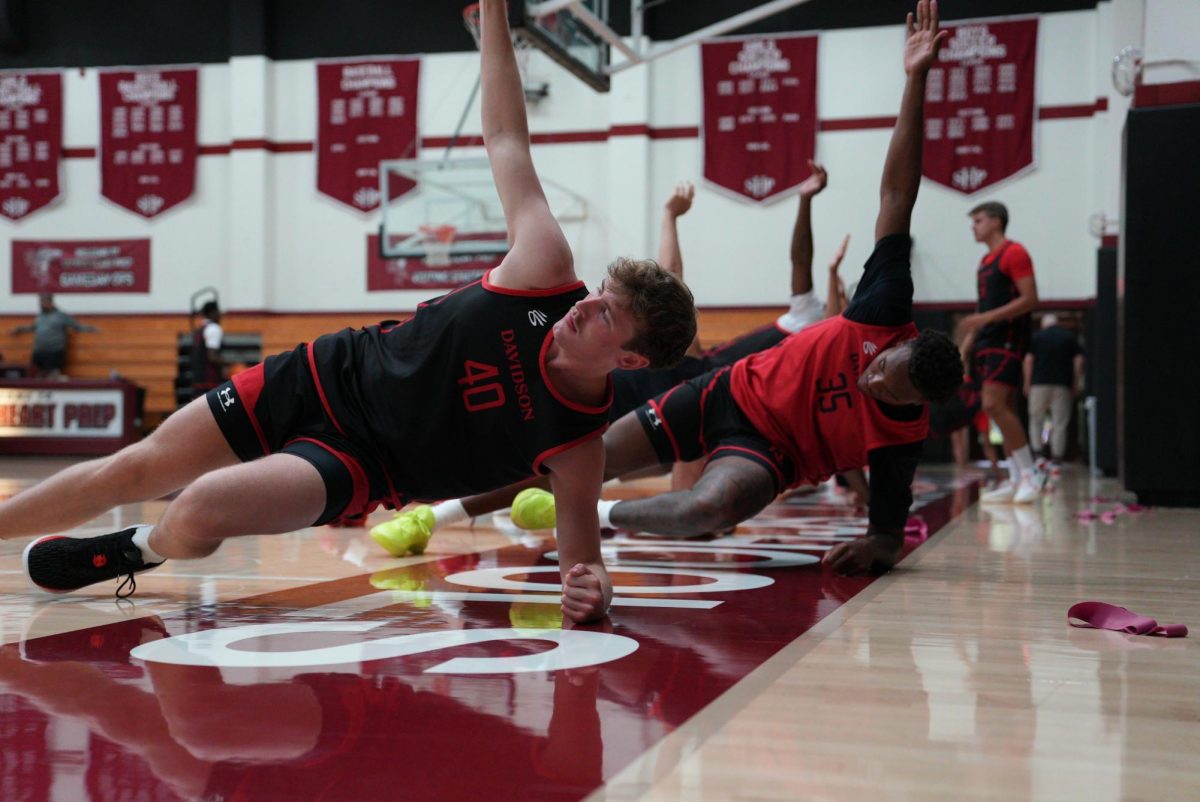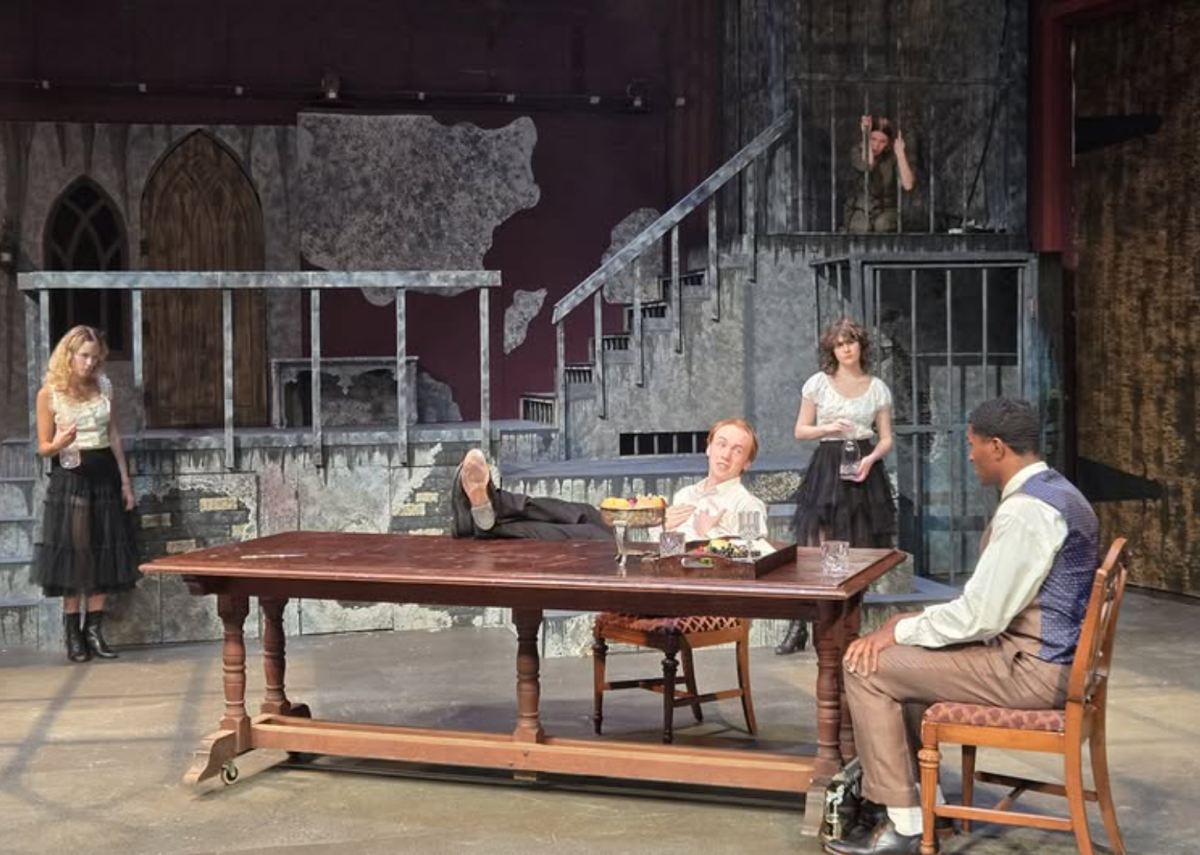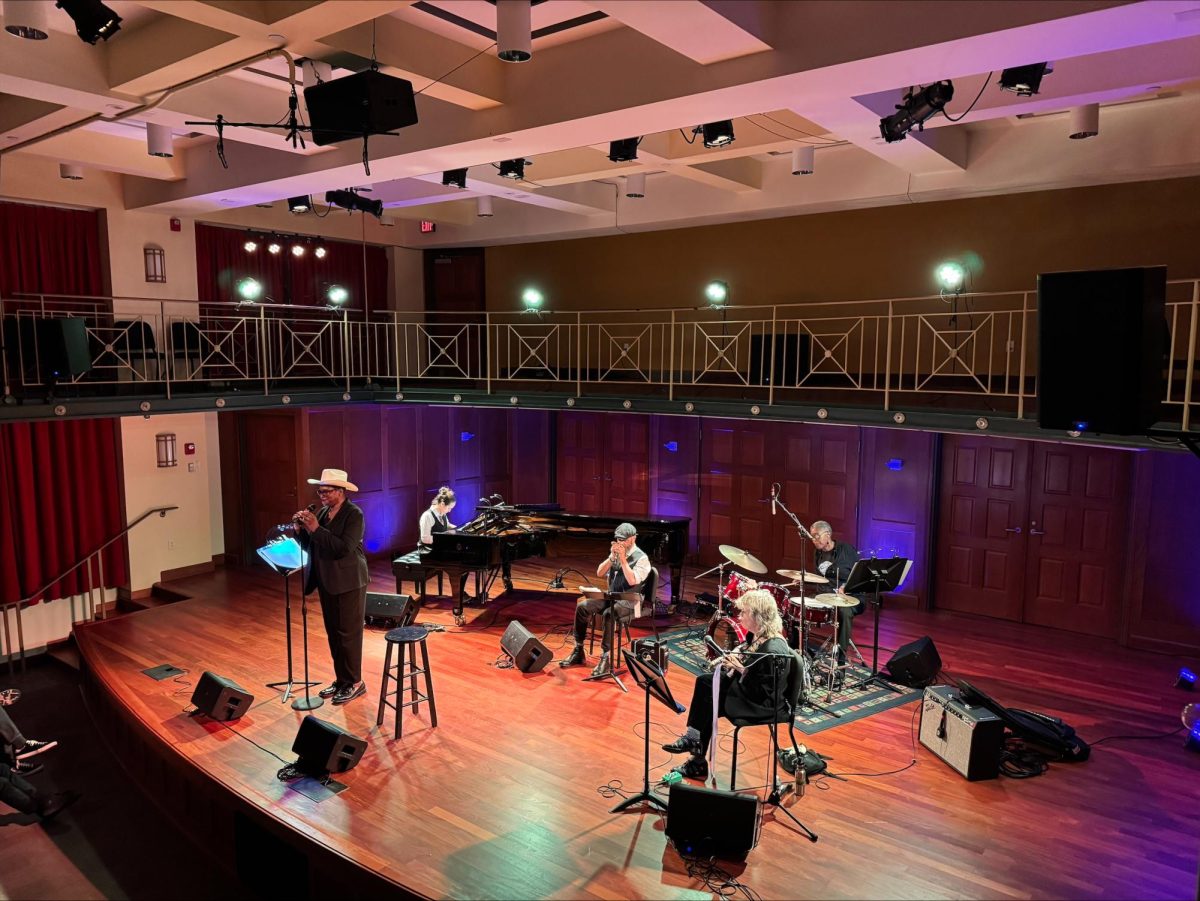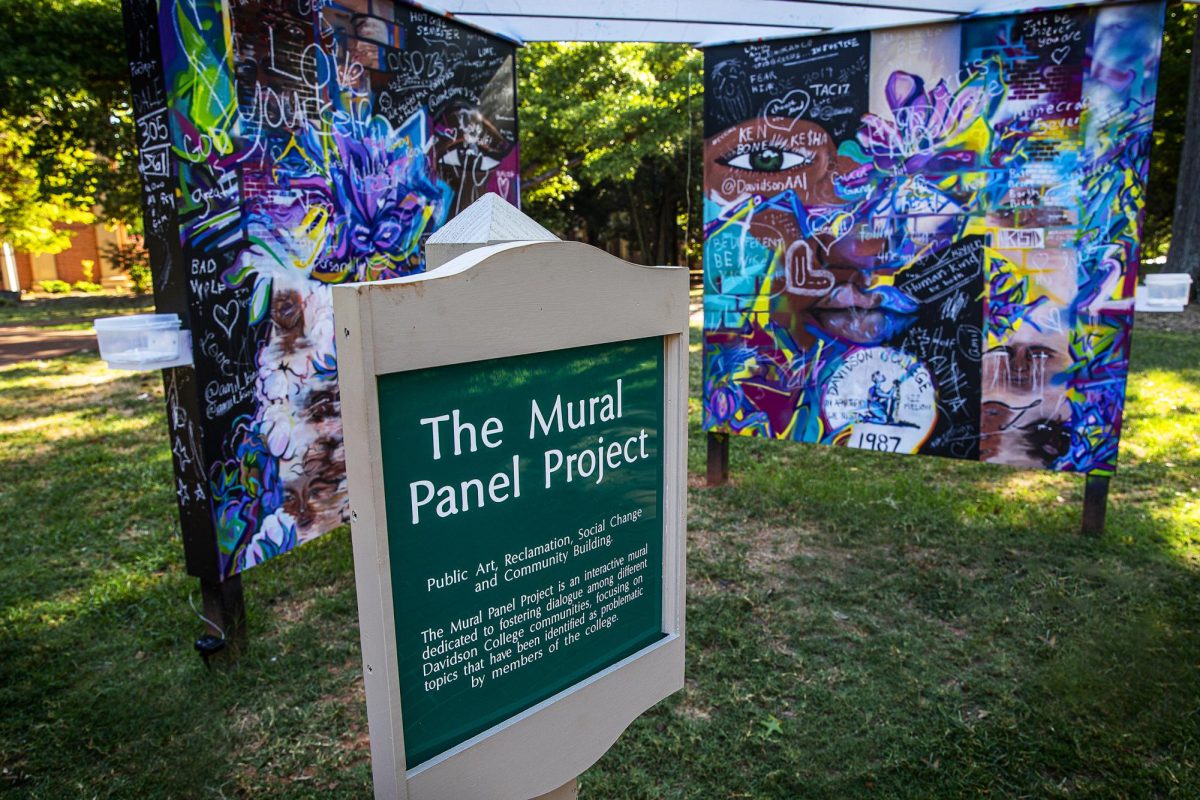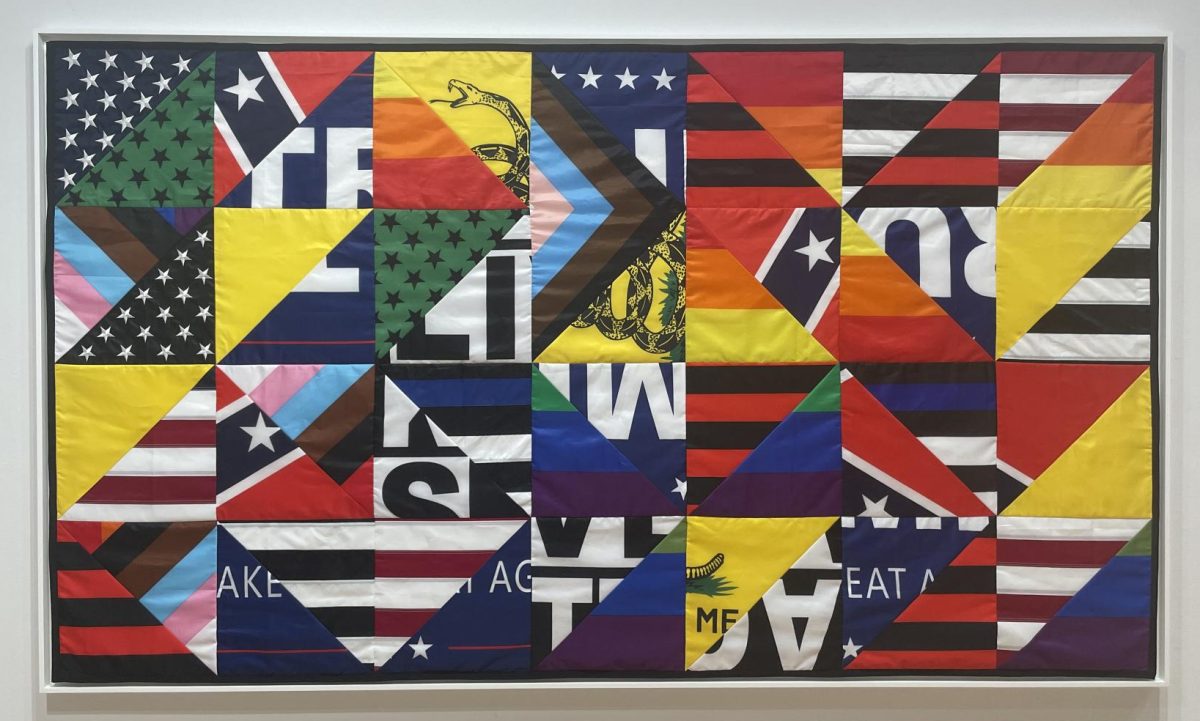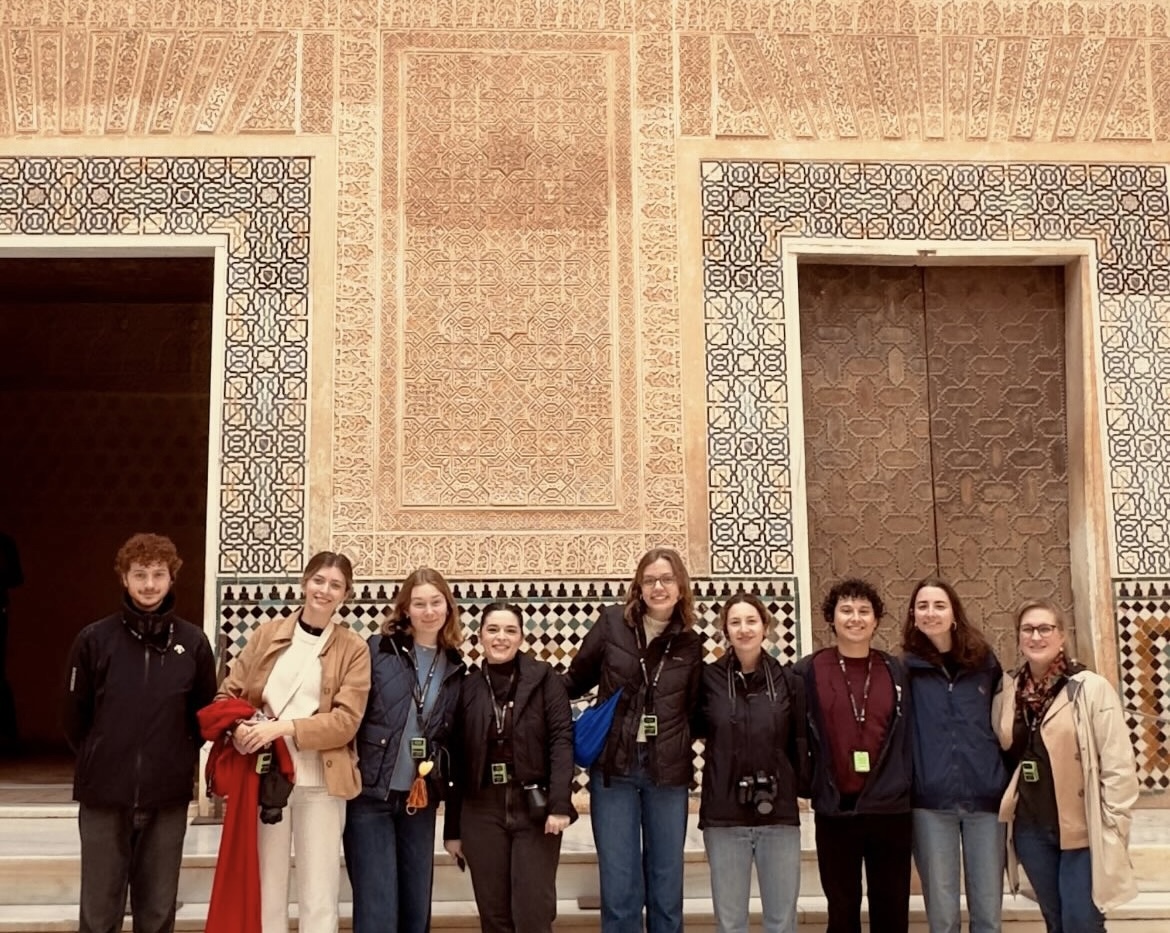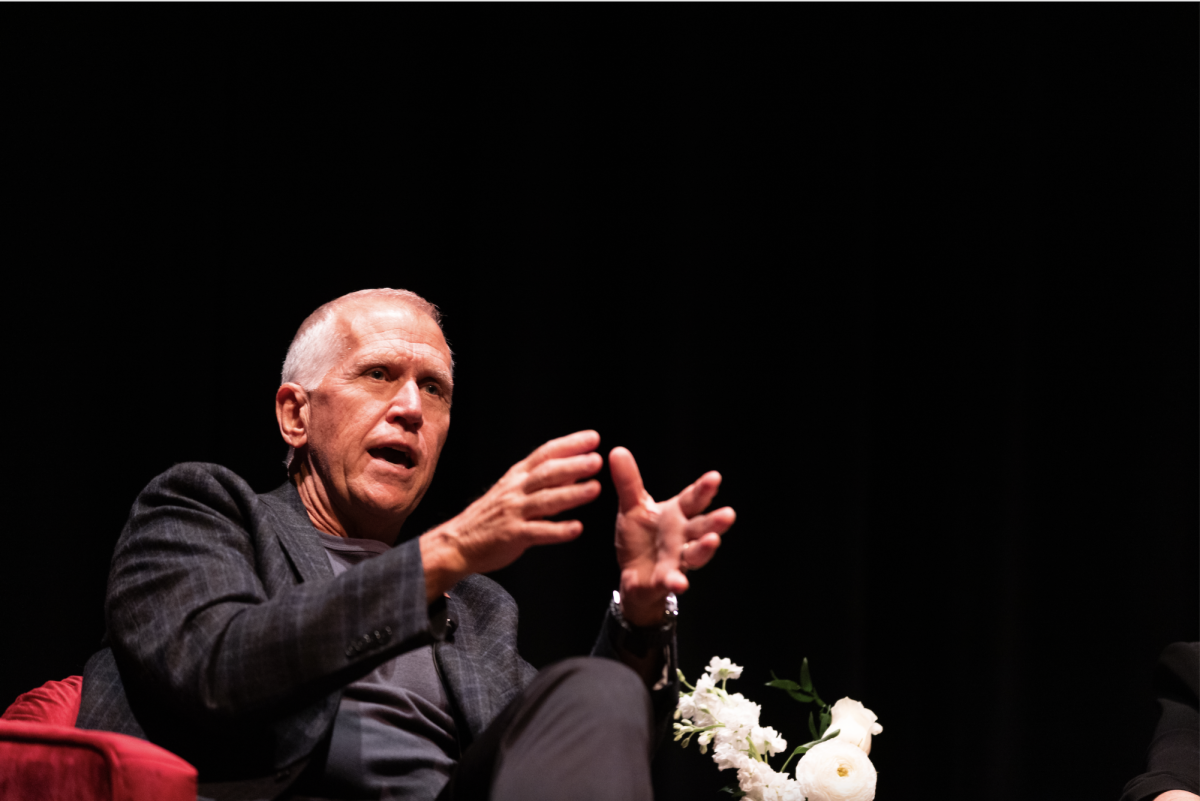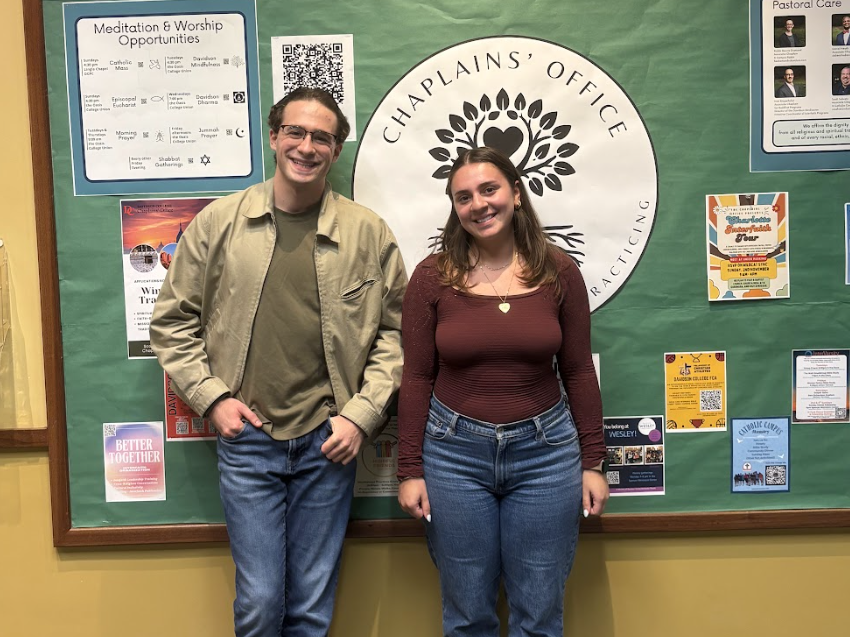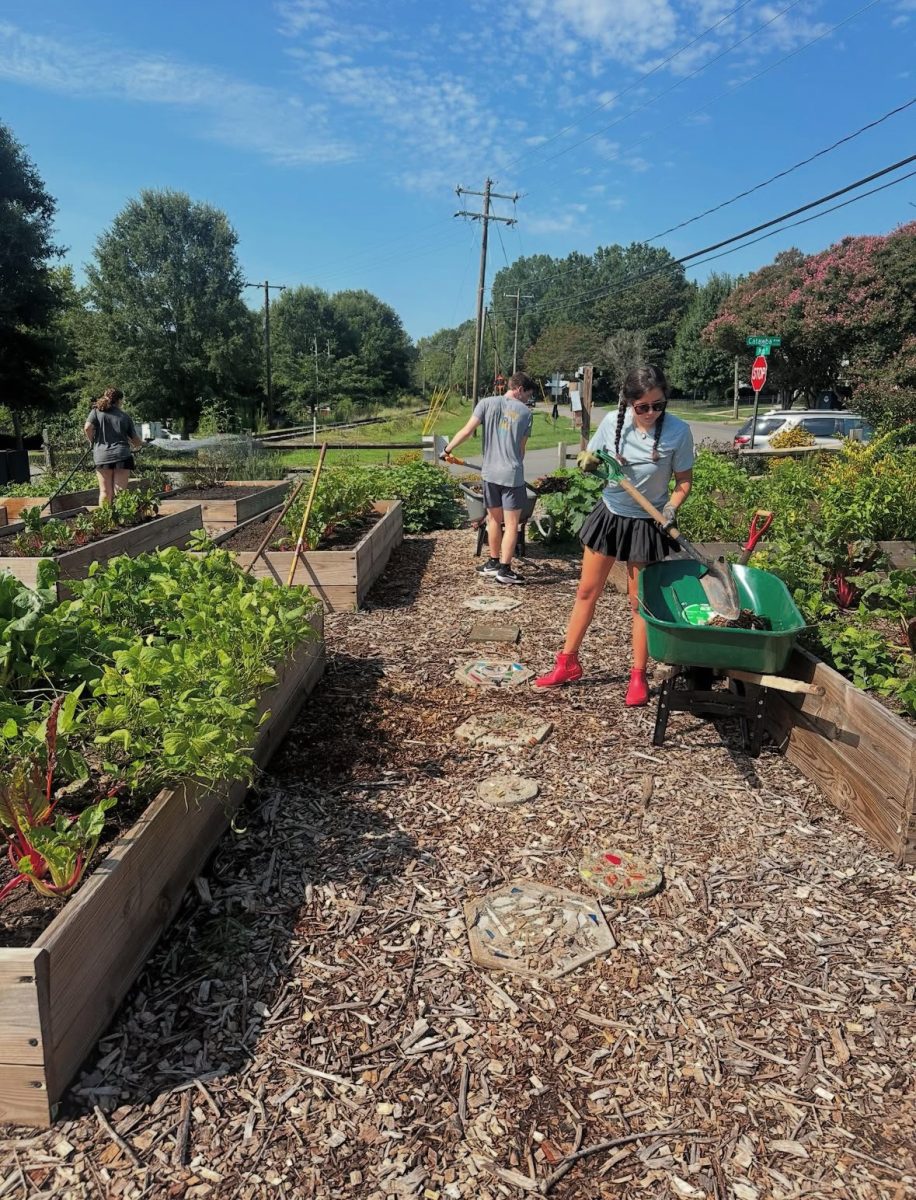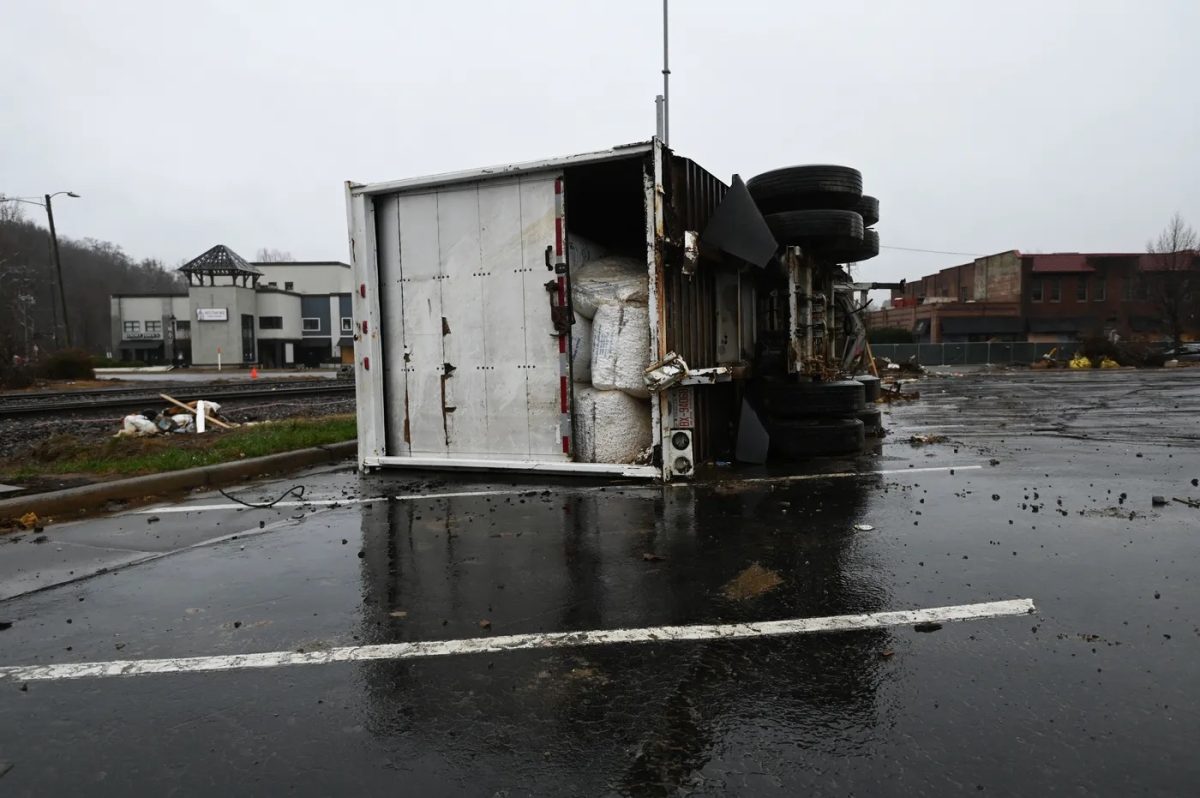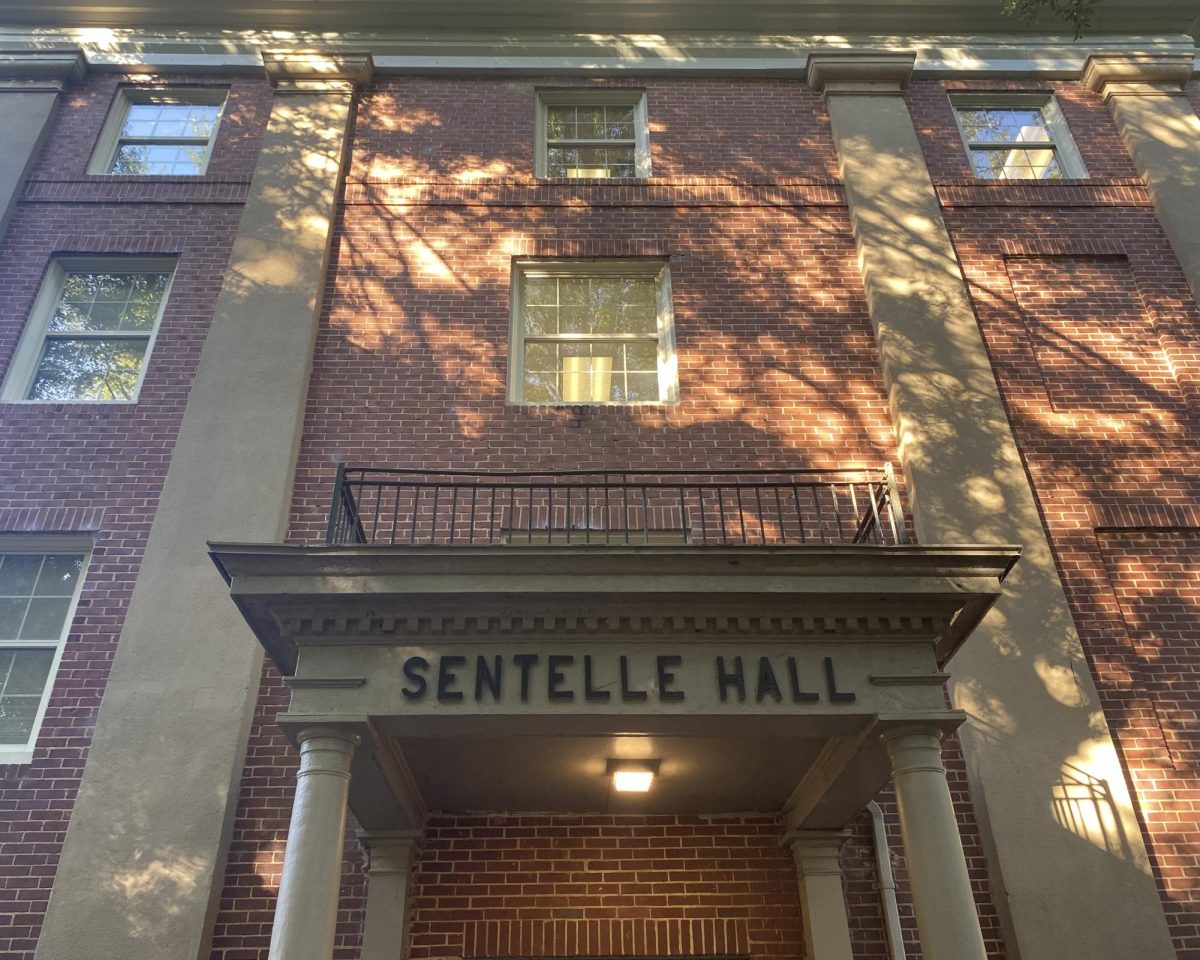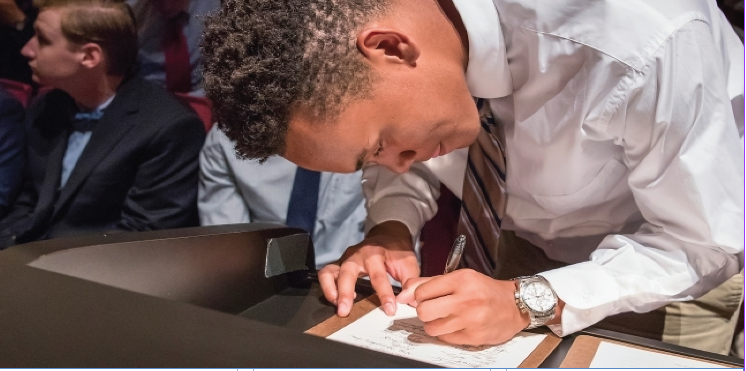A crowd of students, faculty and staff gathered in the Lilly Family Gallery this past Thursday to discuss a subject central to the Davidson community: the Honor Code. The event was hosted by the Deliberate Citizenship Initiative (DCI) in partnership with the Student Government Association (SGA), Honor Council and Dean of Students Office.
DCI Senior Fellows LJ Phillips ‘25, Isabella Neri ‘27 and Cavan Klein ‘27 organized the conversation. The forum, which was only open to current Davidson community members, began with a detailed presentation on how the Honor Council functions. Honor Council President Mary Gray Speakman ‘25 and Honor Council Vice Chair Tyler Puleo ‘25 discussed how the Council functions, how cases are handled and why expanding community outreach (including writing an opinion piece for The Davidsonian) continues to be a priority.
After a slight shift in seating arrangement to guarantee at least two staff and faculty members and one DCI fellow were at each table, the deliberation began. The discussions were structured around specific questions concerning the Honor Code and guided by DCI fellows. Participants covered topics ranging from broad cultural queries such as, “What does the Honor Code mean to you right now?” to more specific action-oriented questions, including, “How could Davidson create a more clear and substantive process for punishment of Honor Code violations?”
SGA President Connor Hines ‘26 was surprised by the participants’ abilities to find common ground despite coming from different backgrounds. “We were able to confidently come to a list of five, maybe six […] action areas where we want to see [change] happen,” Hines explained. “If you had asked me that we would come to this much agreement through some of our deliberation, I wouldn’t have felt that way, but the fact that we can all point to a couple specific things and say, ‘these need to change,’ I think, is a step in the right direction.”
Neri echoed this sentiment. “I find it super enlightening to see how there might be some discrepancies between perspectives, but ultimately, we kind of want the same thing.”
Puleo was moved by the discussions. “It was really reassuring to hear everyone be on the same page that we think that not only the [Honor] Council should stay […] but that we’ve made a lot of progress with our academic integrity systems here at Davidson,” he said.
This progress has taken the form of altering punitive elements of the Honor Code to be less of a one-size-fits-all approach. “We’re not [regressing] to an old time where it used to be a failure in a class and withdrawal[s] in three other classes and taking a semester off,” Puleo said. “It is a case-by-case basis, and every case is unique.”
This discussion notably follows the SGA and Honor Council’s dedicated week in early March: “A Celebration of Honor.” This week provided opportunities for students and community members to meet the Honor Council, engage with the expectations of the Honor Code and listen to alumni express what the Honor Code has meant and continues to mean to them. In conjunction with this series of events, the DCI deliberation surrounding the Honor Code is emblematic of a larger desire within Davidson to bridge the gap between community members’ perceptions of the Honor Code and how the Honor Code actually functions.
Puleo stressed the importance of the Honor Council maintaining a sense of accessibility. “I think it’s impossible to have trust if we’re not making the effort to be transparent with everyone,” he said. “[If] we operate as this mysterious council and mysterious force […] students might be more likely to violate the Honor Code because they just don’t understand what we are, or how we operate, or the importance of it.”
This deliberation addressed recent changes in campus culture such as the increase of in-person tests, discontent over discourse about the Honor Code on platforms such as YikYak and general confusion surrounding the Honor Council. The deliberation served as a platform for these discrepancies to be adequately addressed.
Ultimately, participants agreed that conversations surrounding the Honor Code need to change. “[It was clear] how much we had in common,” Phillips said. “The reluctance of faculty to move to in-person tests […] students feeling like […] they have to [take] certain steps that violate the Honor Code and [the overall] struggle between how rigorous Davidson is and having academic integrity through it all […] highlights just how much we agreed on the issue, and how much we want the issue to be resolved.”

